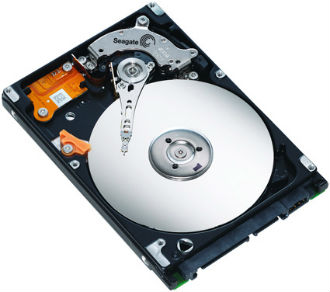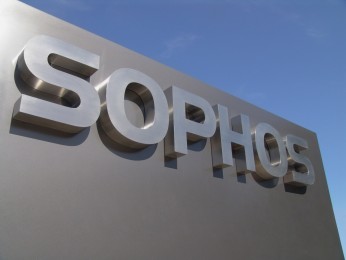 In just under a month, HMRC will demand all employers, and by extension, all employees will have to move to a new PAYE system – Real Time Information.
In just under a month, HMRC will demand all employers, and by extension, all employees will have to move to a new PAYE system – Real Time Information.
In April, the RTI will immediately become effective. For such a considerable change in employment law, the changes have not had much visibility. According to the HMRC website, from 6 April employers must report PAYE information to MRC in real time – in effect meaning employers, accountants, bookkepers or a payroll bureau will have to submit data to HMRC each time an employee is paid, when they are paid. Using a payroll system, they will have to send the information electronically as part of the routine payment process.
The website boldly asks if you are ready for RTI. A survey late last year from the Federation for Small Business revealed that as many as a quarter were not, at the time, prepared at all. Asking 1,700 small firms, 25 percent had not heard of the RTI programme, and just 16 percent of those asked were fully aware of all the details.
Critics have slammed the move as purely political, as the changes are propping up the payments of Universal Credits. HRMC claims that it is aiming to make it more simple to report new starters and leavers, plus making the entire payroll process more simple. At the time of the FSB’s survey, in October 2012, most respondents were not confident that RTI will help achieve those aims. Over sixty percent of small businesses it contacted had not had any correspondence from HMRC.
With just under a month to go for businesses to understand the changes, one SMB told ChannelEye that RTI is a disaster in waiting.
“This year is going to be a disaster,” ChannelEye heard. With barely any visibility to such a massive and immediate change, there are bound to be teething problems if not all out chaos for small business. “Just stand back and watch it all go pear-shaped,” our source said.
A spokesperson for the Federation of Small Businesses said, speaking with ChannelEye: “HMRC has completed a pilot programme and has written to small businesses but we still believe that some businesses won’t know the extent of the changes they will have to make.
“It is going to be a huge learning curve and possibly mean additional costs for small firms if they have to buy new software or use their accountant for longer,” the spokesperson said. “All small firms will have to report in their payroll and we think that the smallest of firms will need to have much more education than the largest of firms.
“HMRC should use the results of the pilot programme to put clear guidelines and a clear education plan for small firms together,” the spokesperson said. “We are pleased that HMRC has said that they won’t implement fines in the first 12 months of the scheme, but they must educate firms within that time if mistakes are made.”
 Infoblox and its Wipro owned chum Infotech have announced a global reseller arrangement claimed to give businesses and public organisations greater control over their corporate IT networks
Infoblox and its Wipro owned chum Infotech have announced a global reseller arrangement claimed to give businesses and public organisations greater control over their corporate IT networks




















